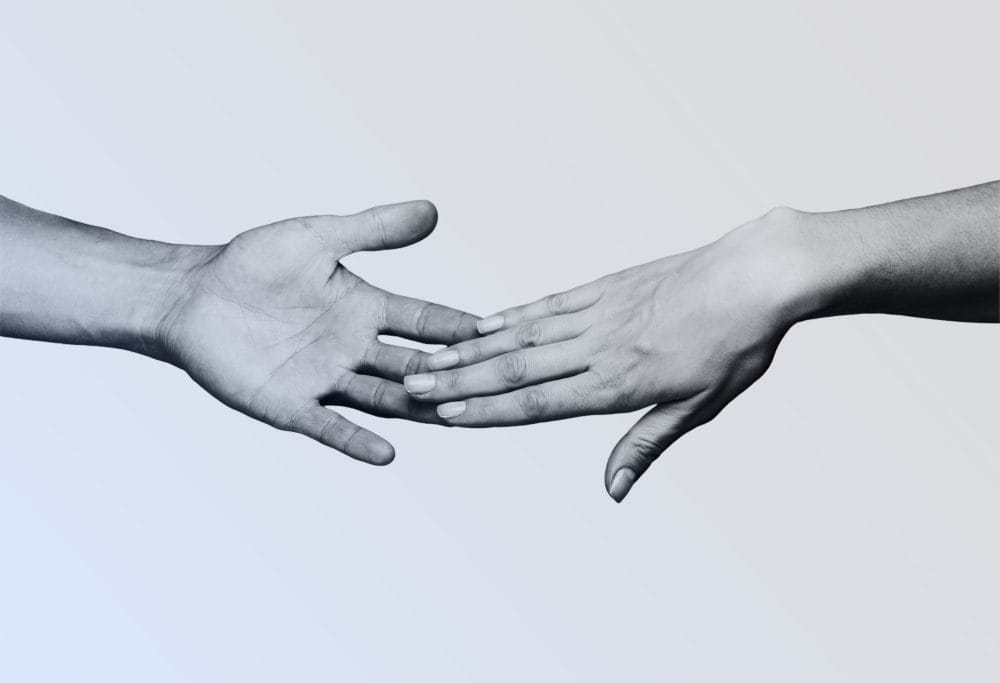Kindness is a strength, but it can often be mistaken for a weakness by those who know someone best. Friends, family, and partners—the very people expected to appreciate and respect compassion—can sometimes take advantage without even realizing it. Being emotionally available, generous, and understanding are powerful traits, but when boundaries blur, kindness can become a quiet burden.
Over time, unnoticed patterns of overstepping can chip away at self-worth, leading to resentment and burnout. Recognizing these patterns isn’t about becoming cynical; it’s about honoring one’s own value while still offering care from a healthy and empowered place.
Constantly Being Guilt-Tripped Into Saying “Yes”
When kindness is routinely met with guilt-tripping, the imbalance starts to show. Loved ones may manipulate emotions by making someone feel selfish for setting limits or declining requests. Instead of respecting boundaries, they frame the refusal as a betrayal, often invoking past favors or emotional debts. This makes it difficult to distinguish between genuine gratitude and emotional coercion. Over time, guilt becomes the motivator, not choice—and that’s a sign of kindness being misused.
Being the Emotional Dumping Ground Without Reciprocation
Supportive people often become the go-to listeners during moments of crisis, grief, or drama. But if the conversations only ever flow one way—where others vent endlessly without showing interest in someone else’s feelings—that kindness is being exploited. Emotional labor is real, and when it’s not mutual, it can be draining. True connection involves give and take, not just one person absorbing all the emotional weight. When others offload without listening in return, it signals a lack of respect for that generosity.
Having Your Time Treated As Less Valuable
People close to someone kind often assume their time is endlessly flexible. They may cancel plans last minute, show up late, or impose without checking if it’s convenient, assuming there will be no objection. This disregard isn’t always blatant, but it reveals a pattern of taking that person’s availability for granted.
Respecting time means recognizing it as valuable, no matter how generous someone has been in the past. When that isn’t happening, it’s a quiet dismissal of a person’s worth and priorities.
Never Acknowledging or Appreciating Your Efforts
One of the most common ways kindness is overstepped is through lack of appreciation. When people grow used to thoughtful gestures, they may stop acknowledging them altogether. What once sparked gratitude becomes expected, turning kindness into a duty instead of a gift. Without words of thanks or gestures of recognition, the emotional fuel behind that kindness starts to run dry. Being seen and appreciated is a basic human need—not a luxury.
Being Expected to Smooth Over Every Conflict
Some people get cast into the role of the peacemaker—always expected to fix things, apologize first, or mediate tense situations. This happens because others come to rely on their empathy and fear of confrontation. But constantly stepping into that role, especially when not responsible for the conflict, can be emotionally exhausting. It forces that person to absorb discomfort so others don’t have to face their own accountability. True peace doesn’t come from one person always compromising; it comes from shared responsibility.
Receiving Support Only When It’s Convenient for Them
There’s a painful truth in realizing that support from loved ones may come only when it’s easy for them. Those who are consistently kind often make room for others, even when they’re struggling themselves. But when the roles reverse, and help is needed in return, their needs are sometimes met with silence, delay, or excuses. This selective care can feel like betrayal, revealing that the relationship may not be as reciprocal as once believed. It’s not about expecting perfection—it’s about being met with the same energy and compassion offered so freely.
Being Taken Advantage of Financially or Materially
Kind people are often generous, whether that means picking up the tab, offering rides, or sharing resources. Unfortunately, this generosity can be misinterpreted as an open invitation for dependency. When loved ones begin to expect help rather than appreciate it, or when they ask without hesitation but give little in return, it’s a sign the kindness is being commodified.
Financial and material support should come from genuine care, not unspoken obligation. Consistently being the fallback plan erodes the foundation of mutual respect.
Be Kind & Be Fair
Kindness should never mean self-erasure. It’s meant to be shared from a place of strength, not used as a cushion for others to take without giving back. Recognizing these patterns doesn’t make someone less compassionate—it makes them more intentional and empowered. Boundaries are not walls; they’re bridges that protect both the giver and the relationship itself.
Have you seen any of these patterns show up in your own life? Share your thoughts or experiences in the comments. Remember, your voice might be exactly what someone else needs to hear today.
Read More
Shamed for Being Poor: Why Asking for Help Still Feels Taboo
Being Too Nice? 10 Telltale Signs You’re Actually a People-Pleaser








